E.J. Mellow is an award-winning and Top 20 Amazon bestselling author of magical mayhem. Her work has been translated into multiple languages, appeared on “Best Of” lists such as BuzzFeed and Gizmodo and has reached #1 in multiple Amazon categories, as well as received medals from eLit Book Awards and Next Generation Indie Book Awards. Readers have said her “lyrical, vibrant, and imaginative” writing sweeps them into “stunning worlds”. E.J. is also the co-founder of She Is Booked, a literary themed fundraising organization that supports women’s charities.
Letter Review caught up recently with E.J. to discuss writing advice, her tried-and-tested writing practice, and to share in the excitement of novels drafted and now soon to be released!
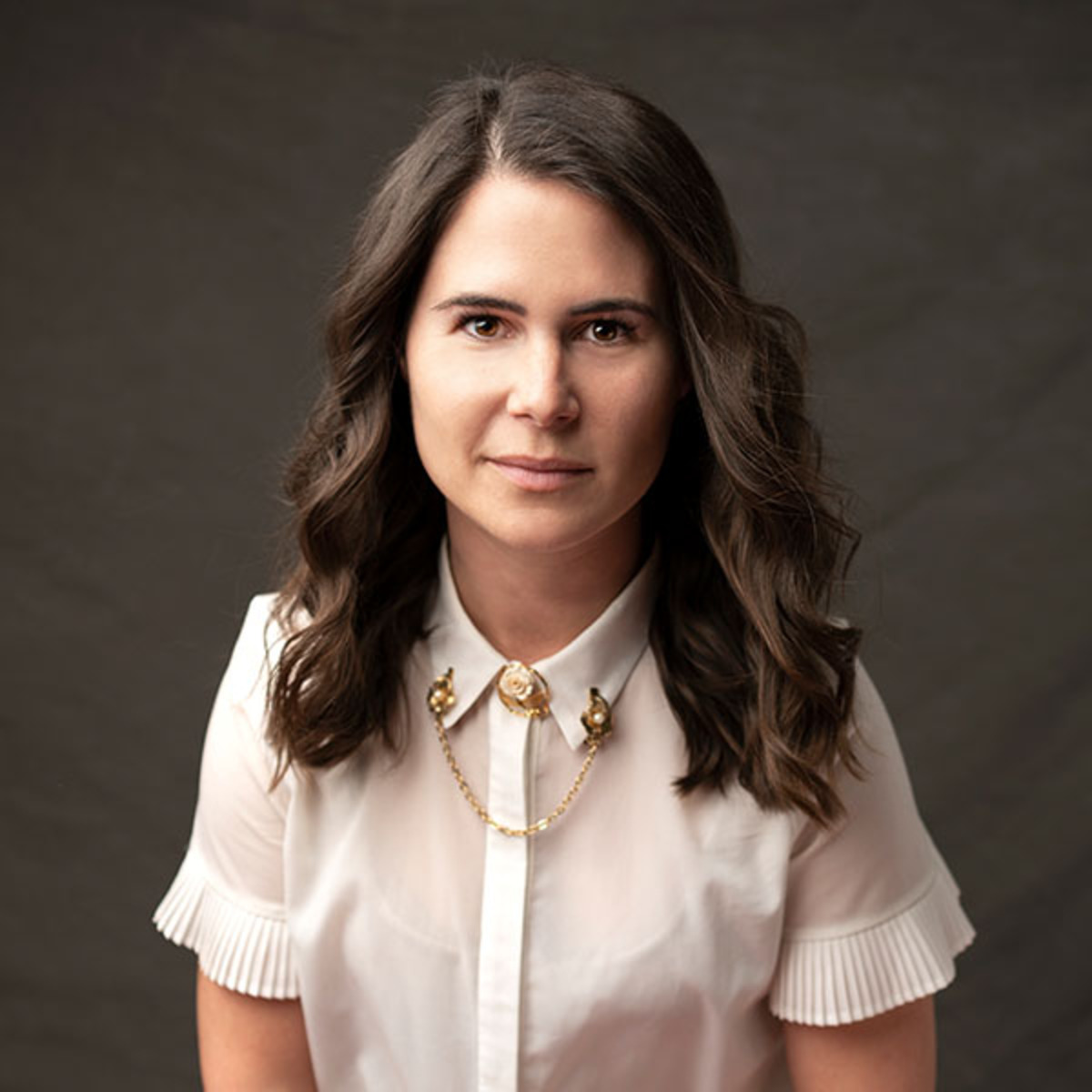
1. Would you please tell us a little about your writing process?
I’m what those in the industry call a plotter. Before I sit down to begin writing my book, I do extensive outlining and world-building. An example of my process for starting a new book often looks like this:
Build moodboard of the world and characters:
Write bios for each of my main characters and side characters. This can include stuff like personality quirks, physical traits, weaknesses, strengths, food they like, dislike, etc.
Fill out a comprehensive world-building document:
I use one I’ve curated over the years, but there are plenty online that can be downloaded. This document can include questions around geography, government, architecture, economy, if there is magic, what are the rules of the magic, etc. It sounds like a lot because it is a lot, but I recommend knowing most of these details, especially if you are writing fantasy or sci-fi. While most of this information doesn’t make it onto the page, you can certainly tell when an author knows their world as it’s in the roots of the story and the descriptive dressing of the set.
Fill out an eight-point plot outline to figure out the main points in my story:
This will cover character goals, story goals, what happens if my characters obtain these goals, what happens if they do not, forewarnings, dividends, etc. Besides the world-building document, this is probably the most important part of my plotting process as it helps figure out the stakes of a story and any potential holes.
Write a high-level three-act synopsis of my book:
Outline the first act in my book. This usually means the first ten to twelve chapters.
Sit down to draft!
All of the above can take anywhere from two to four months to complete but these are each necessary steps in my process to being confident I have a story I love and that is worth spending the time to write.
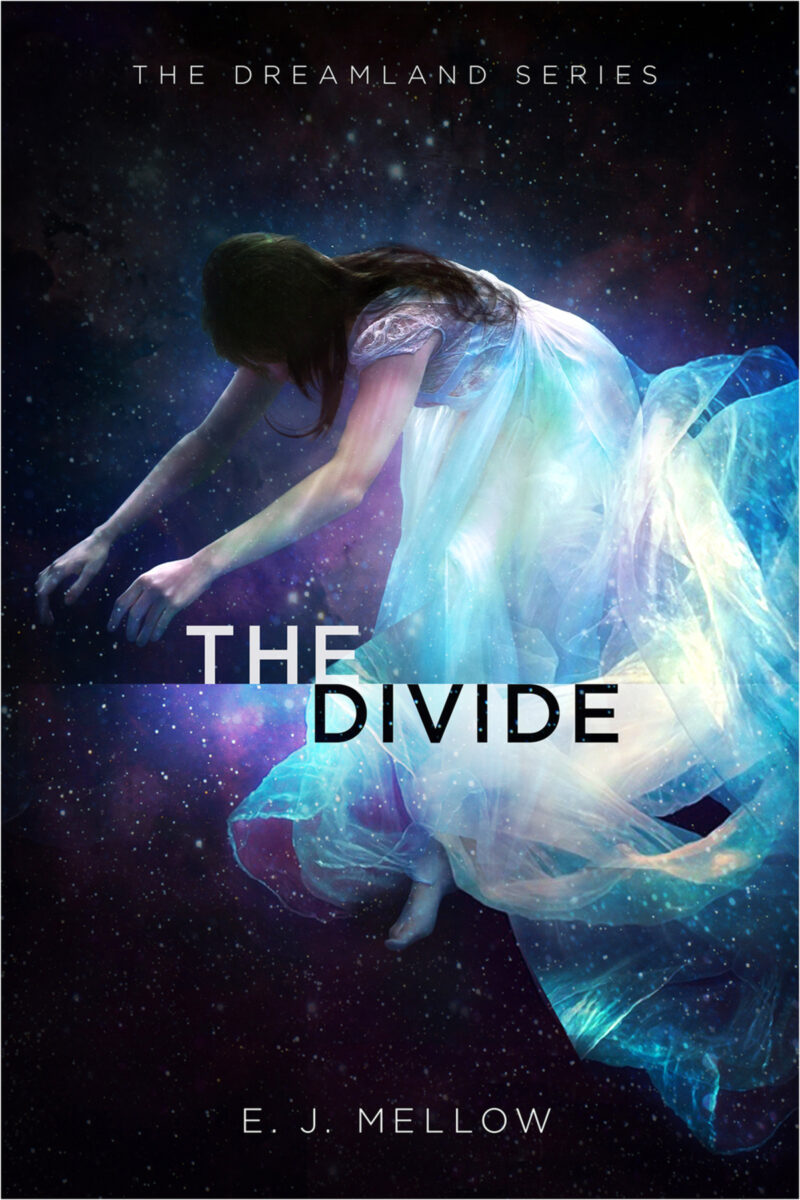
2. How do you believe a writer improves? Practice? Mentors? Reading everything? Attending festivals?
When talking about improving on craft, the most obvious answer is of course to write and then write some more. But it’s important for a writer to also be edited, or more specifically edited constructively by a good editor and even their agent (if their agent offers that sort of collaboration, mine thankfully does). This is how a writer really can make strides in their craft. Editors and editorial agents are like really awesome English professors, there to improve your words and story. My writing has had the biggest growth after partnering with great editors. I’ve been given invaluable masterclasses in pacing and story structure. For a writer at the beginning stages of their career, you can (and definitely should before querying an MS to a potential agent) hire an editor to work with. But make sure you are aligned with their methods and vision for your story. It can be a bit like dating to find the right match, but once you do it is well worth the effort.
Another way a writer can improve is in the form of BETA readers (test readers to not yet published works, who give feedback from the point of view of an average reader to an author). Though I suggest only having a select few BETA readers who are already fans of the genre you are writing, and that you trust. While you certainly should be writing for yourself, you do have an audience as well. It’s always good to see what plot elements and character traits tap into your reader’s psyche.
And lastly reading. Lots of reading. Of every genre. There are a multitude of styles of writing and story structuring that are out there. Opening the page to them can only help a writer with their own writing.
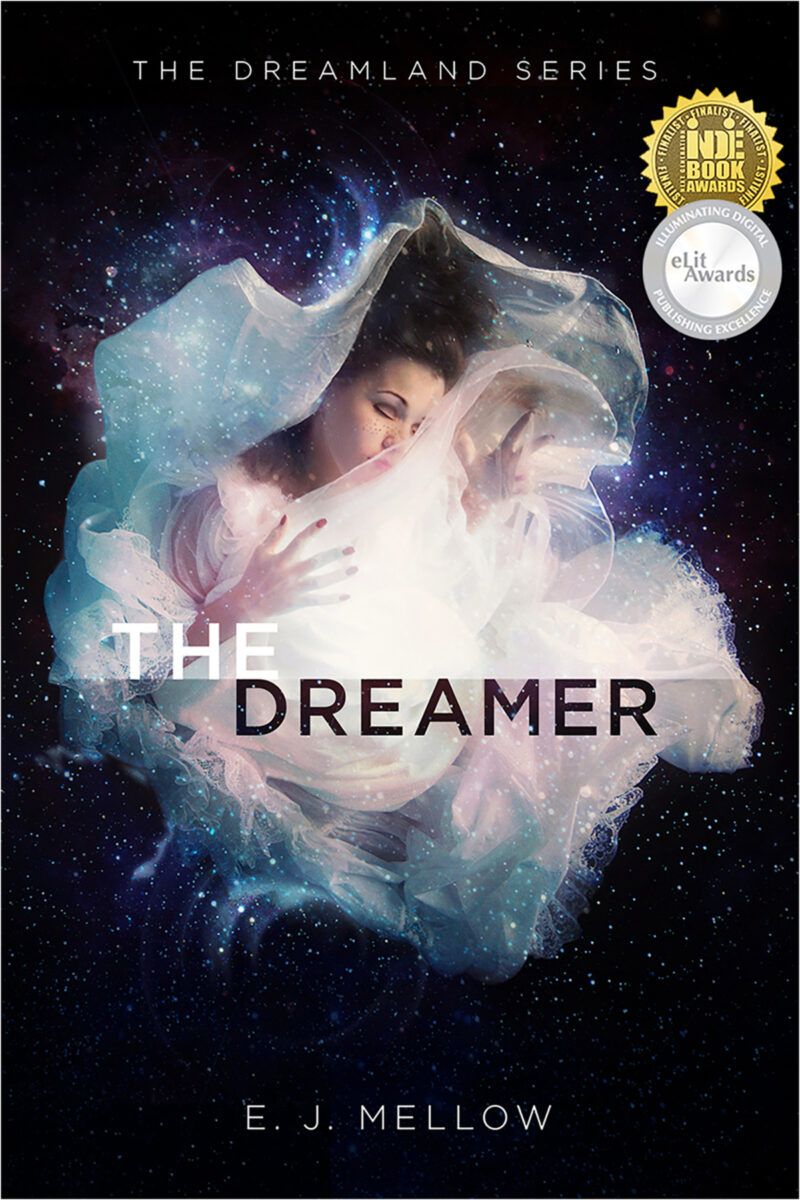
3. Do you enjoy writing?
I enjoy being in the active state of writing, lost in the midst of my worlds and characters, but I do not enjoy the idea of actually sitting down to write. Even after completing seven novels, the thought of approaching my desk to churn out a chapter or “X” amount of words in a day still is highly daunting. I’m also a bit of a perfectionist, so getting down first drafts feels a bit like pulling teeth. I over-analyze, nitpick, and berate myself if a line isn’t just right. Which, fundamentally, is not what a first draft is for. This sort of mindset, I understand, is counterproductive in getting out a first draft. But alas, it’s how my brain is wired and why I probably plot so much before starting to write, and why I prefer editing to drafting. The phase after the first messy draft is really when I get to play and mold and make better. Editing is where I feel I can breathe and have the most fun. Allow my perfectionist out of her cage to do her worst.
4. What is the best piece of advice you have received? Or, what is the best piece of advice you would offer an aspiring writer?
The best advice I ever read was from Neil Gaiman who wrote, “No matter what, finish”.
Despite my disdain for drafting, or perhaps because of it, this was (and still is) a north star I hold close through my entire writing process. The absolute hardest part of writing any novel is finishing it. Through every stage you will want to give up, put it down, walk away. But no matter what, finish. You can remain a writer, but to become an author, you need that completed manuscript. Even if it sits in a drawer for months or years, you have it. It’s done. You have accomplished something that very little can say they have. You have a story with a beginning middle and end, and it will forever be there for you to mold and make better and learn from.
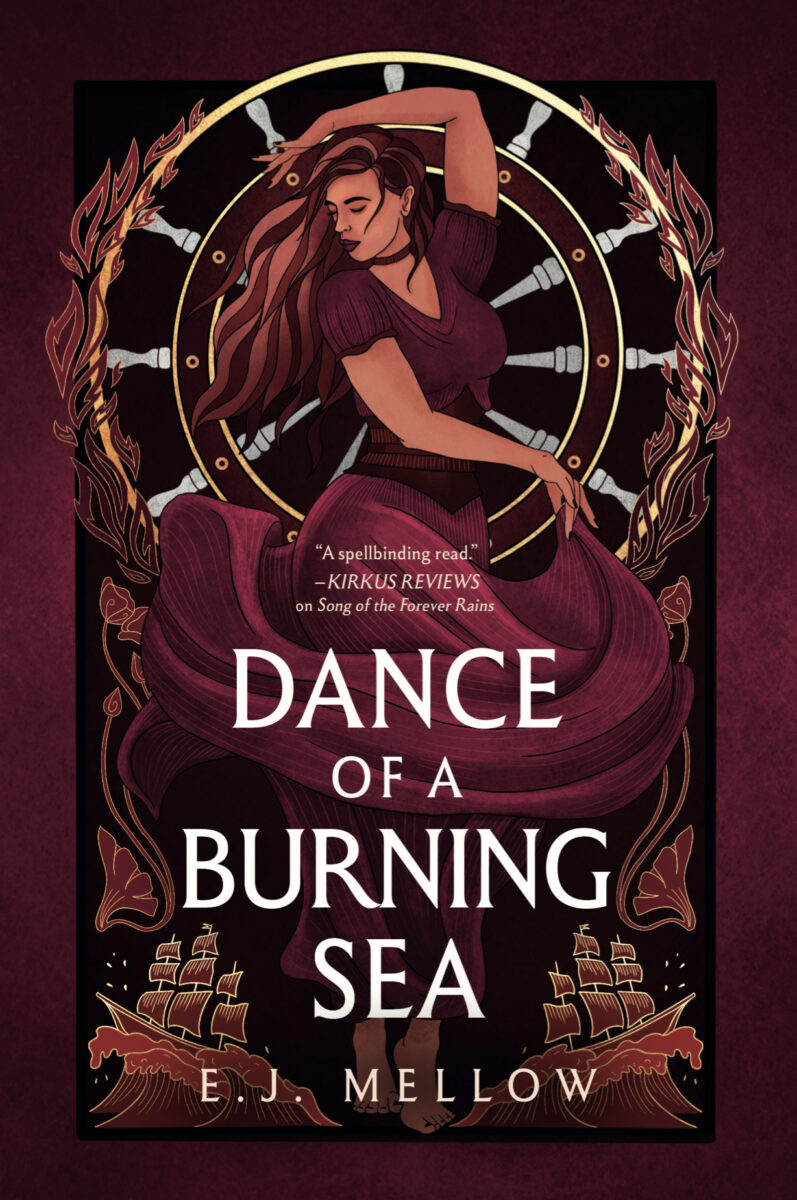
5. Which book is most important for an aspiring writer to read?
For anyone wishing to publish their writing, I highly recommend reading “Before and After the Book Deal” by Courtney Maum. Seriously, words can not describe how important this tome of information is for those just starting out, and even in the midst, of their careers as a writer. It has answers to every question you can imagine.
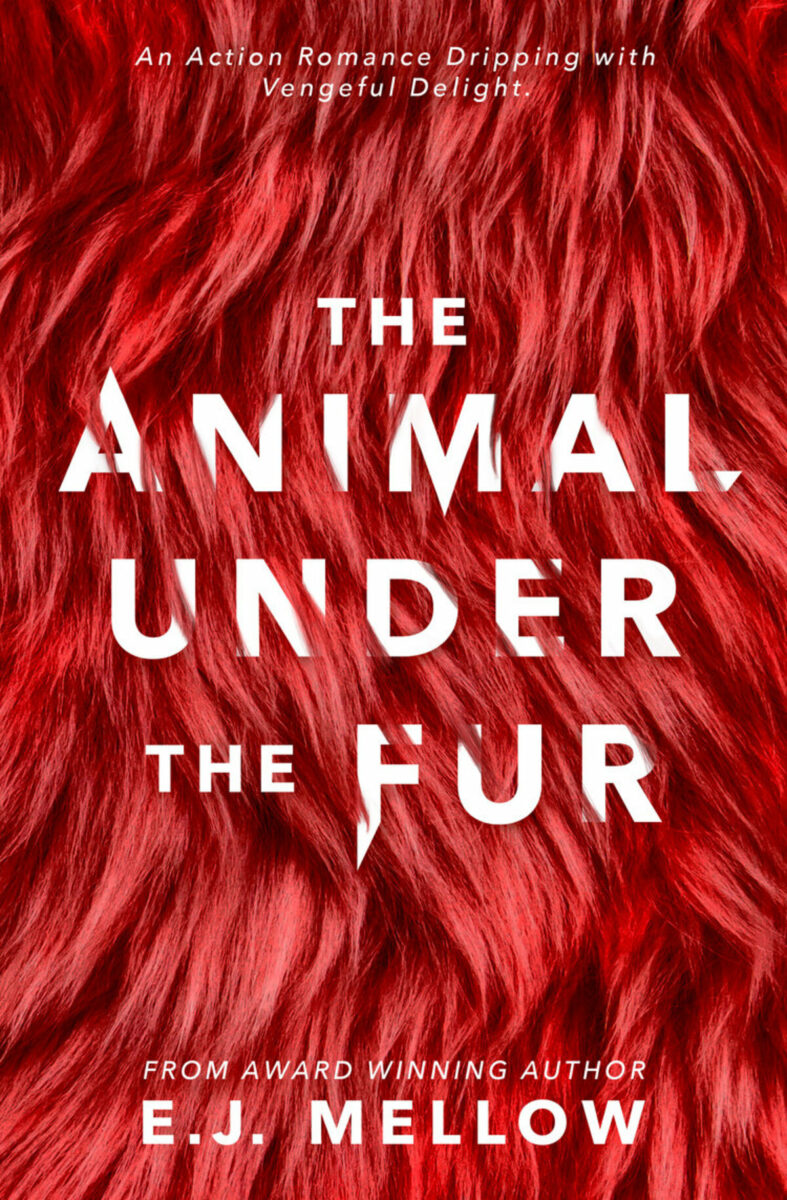
6. What do you believe is the function of your art?
To allow a safe space to escape and entertain. It’s not only a financial investment for someone to purchase my books, but also one in their time for them to read. The same can be said for my time and money to craft my stories. My art should be worth both to both parties and what a gift to be able to escape this world and safely enter another to play in.
7. Please let us know about any forthcoming works, and the details of your back catalogue too!
I recently finished writing a three-book dark romantic fantasy series called The Mousai series. Think of the three muses from Disney’s Hercules but who are sisters and possess deadly powers to serve a hidden Thief Kingdom and the king who rules over it. Each book is a true standalone which follows one sister’s journey through mischief, mayhem, and love.
As for upcoming works, I’m currently drafting the first book in a duology with Montlake called Way of Wings. Inspired by the Icarus myth, a young woman must build her own wings and learn to fly in order to save her brother and father from a tyrannical king—but she becomes entangled with his son and sparks a revolution in the process. My deadline is this fall 2023, so predicting a late 2024 release!